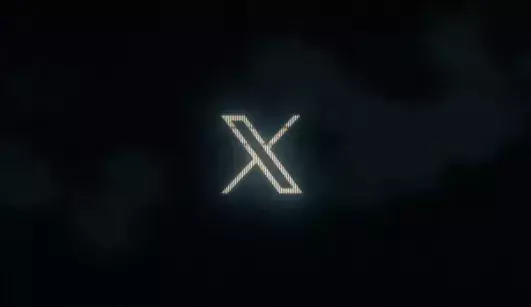The reinstatement of X, formerly known as Twitter, in Brazil brings forth a multifaceted discourse surrounding free speech, governance, and platforms’ responsibilities. Initially suspended due to accusations of spreading misinformation related to the Brazilian elections, the overarching narrative has attracted both supporters and skeptics. Supporters of freedom of expression hailed Elon Musk’s leadership in defending free speech rights, while critics view the ban as a necessary action to prevent the dissemination of misleading information that can erode public trust in democratic institutions.
The complexities began when Brazilian authorities demanded that X remove certain user accounts promoting unsubstantiated claims about the alleged “theft” of the 2020 elections, which saw former President Jair Bolsonaro ousted from power. Musk’s initial refusal to comply highlighted a stark divide between his values of free speech and governmental oversight.
However, after a month-long suspension, X relented, agreeing to comply with Brazilian mandates concerning user account deletions in exchange for reactivating access for around 20 million users. This compliance raises essential questions: to what extent should a digital platform abide by national regulations, especially when they conflict with its declared ethos? While Musk had initially framed his opposition as a principled stand against “corrupt” government influence, this reversal suggests a tactical decision influenced by economic considerations and public sentiment.
Critics argue that X’s compliance is tantamount to government overreach, urging that the company risks becoming a puppet of state interests. The platform’s decision to align with Brazilian orders of account deletion signals a sobering reality for social media platforms: they may be compelled to navigate an increasingly complex landscape of national laws and the varying definitions of free speech.
The ongoing debate around misinformation cannot be overstated. Brazilian officials contend that allowing accounts to propagate unfounded conspiracy theories risks the integrity of democratic institutions. Eliminating misinformation can be viewed as a protective measure to maintain a sense of societal stability and trust in governance. Conversely, it highlights the precarious balance between upholding public order and allowing robust discourse.
Given the historical context of political polarization in Brazil, the implications of these censorship decisions are profound. Proponents of free speech fear that silencing dissenting voices—even those built on false narratives—could ultimately pave the way for more significant restrictions on opinion and debate, which are cornerstones of democratic society.
Elon Musk’s leadership style has always hovered between rebellion and pragmatism. While his aim to preserve free speech is commendable within the context of public discourse, the fallout of this recent saga illustrates the challenges of managing both operational viability and individual ideologies in a world increasingly wary of misinformation. The decision to appoint a new legal representative in Brazil, paired with the payment of a hefty fine, underscores just how burdensome navigating these waters can be for tech companies.
User sentiment also plays a crucial role in examining X’s path forward in Brazil. With the emergence of competitive platforms such as Threads and Bluesky, X’s return is both a homecoming and a test. How will users choose to engage with a platform they perceived as having ignored their governance principles? The lingering effects of the suspension may result in a wary user base, questioning the platform’s commitment to free expression and how it respects civil rights moving forward.
Ultimately, the reactivation of X in Brazil points to a broader tension between governmental control, the platform’s operational choices, and the ideal of free speech. While both sides present compelling arguments regarding the merits of removing controversial accounts to safeguard democracy, the cost of compliance may be perceived as a concession of principle on behalf of Musk and his platform. Perhaps the real challenge for X lies ahead in retaining user trust and addressing the very same questions of freedom and oversight that defined their Brazilian tenure. Moving forward, the platform must find a way to engage with both governmental requirements and the ideal of promoting free speech—an intricate balancing act that will determine its future standing in a digital world fraught with friction.


Leave a Reply